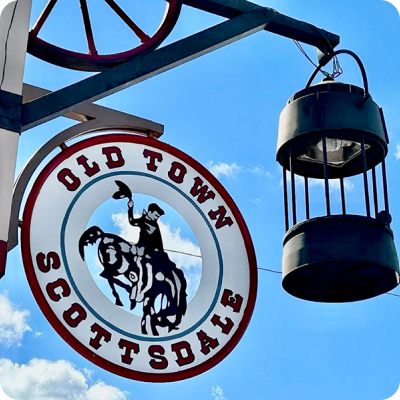Estate Planning FAQ’s
Estate planning is the accumulation, the preservation, and the distribution of your assets during your life and after you are gone. Estate planning helps to ensure that your assets are managed properly, by someone of your own choosing, in the event you become incapacitated or die. It is the use of specifically selected legal documents to ensure that during life and after death your assets go to whom you want, when you want, the way you want, while you are living and when you die. We offer personalized estate planning in Arizona and Utah.
An estate plan is the selection of certain legal documents, based upon your goals and needs, which allows you, or someone you select, to care for you and your property while you are living, if you become incapacitated, or upon your passing. There is an estate plan already established for each of us — it is either the one we have created for ourselves or the one the federal and state government has created for us.
Most of us spend a considerable amount of time and energy in our lives accumulating “things.” There comes a time when we need to preserve our personal and real property both for our enjoyment and for future generations. A solid, effective estate plan ensures that your hard-earned property will remain intact as it passes to your beneficiaries, instead of being siphoned off to government processes, creditors and predators.
If you die without a will or trust, the state determines who will be your ultimate heirs. This distribution plan can be found in the intestacy statues of each state.
Probate is the court procedure used to change title to assets from the name of an individual who has passed away into the name of the living beneficiaries. It is also where all creditors of a decedent file claims to collect their debts and where interested parties who have a complaint regarding the deceased can file their claim to your property. Even without a contest, probate can be costly and time-consuming. Probate is a public proceeding.
Probate can be avoided with careful planning. There are a number of different techniques for doing so which can be used alone or in combination.
Many people create a trust so that their assets avoid probate, to avoid a conservatorship court proceeding, and to hold assets in a protected “box” for the benefit of a surviving spouse or children. Assets held by the trustee in trust are not subject to probate and may be managed and distributed by the trustee or successor trustee on the incapacity or death of the trustor.
Not only does a Revocable Living Trust provide for the disposition of your property (like a Will), but it also offers the following benefits:
(1) Provides for the immediate transfer of assets after death (if desired) or can provide for possible asset protection for those you love by keeping your assets in trust for the benefit of loved ones;
(2) Allows for a smooth transition of management upon incapacity or death;
(3) Avoids the expense and hassle of probate proceedings;
(4) Allows for continued control over assets after death or incapacity; (5) Provides security to you and your loved ones;
(6) Offers flexibility.
YES. In fact, most or all real estate should be transferred into your Living Trust. Otherwise, upon your death, depending on how you hold the title, there will be a death probate in every state in which you hold real property. When your real property is owned by your Living Trust, there is no probate anywhere.
A Pour Over Will is used first to name a guardian for minor children. Second, it protects against intestacy in the event any assets have not been transferred into the trust at the death of the Trustor/Owner. Its function is to “pour” any assets left out of the trust into it so they are ultimately distributed according to the terms of the trust.
NO. A Living Trust can help anyone protect his or her family from unnecessary probate fees, attorney’s fees, court costs and federal estate taxes. In fact, if your estate is $100,000 or greater including the equity in your home and insurance death benefits, you’ll find that a Living Trust offers substantial benefits for you and your family.
Unfortunately, you would be subject to “living probate,” also known as a conservatorship or guardianship proceeding. If you become mentally disabled before you die, the probate court will appoint someone to take control of your assets and personal affairs. These “court-appointed agents” must file a strict accounting of your finances with the court. The process is often expensive, time-consuming and humiliating.
There are a lot of misconceptions regarding the value of a “durable power of attorney. First, a durable power of attorney cannot be used after the death of the maker (the principal) of the power of attorney. Second, the institution does not have to accept the power of attorney. For example if a durable power of attorney is several years old, a bank will sometimes not accept it as valid. A durable power of attorney is important but was never meant to replace a Living Trust.







